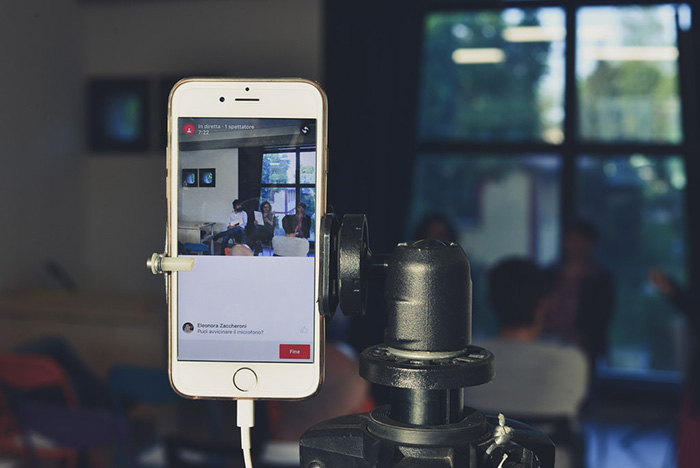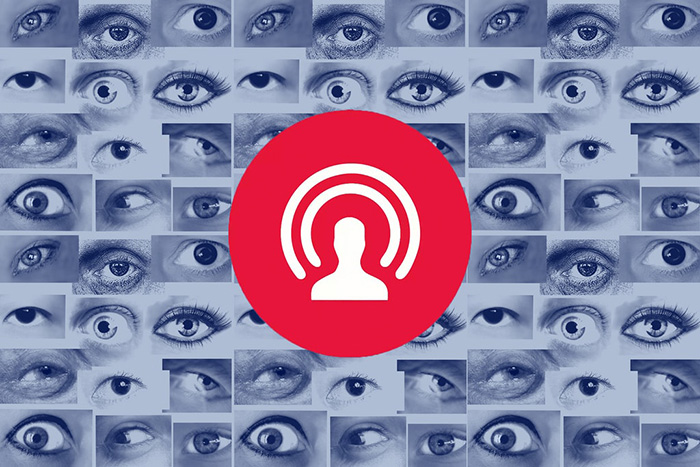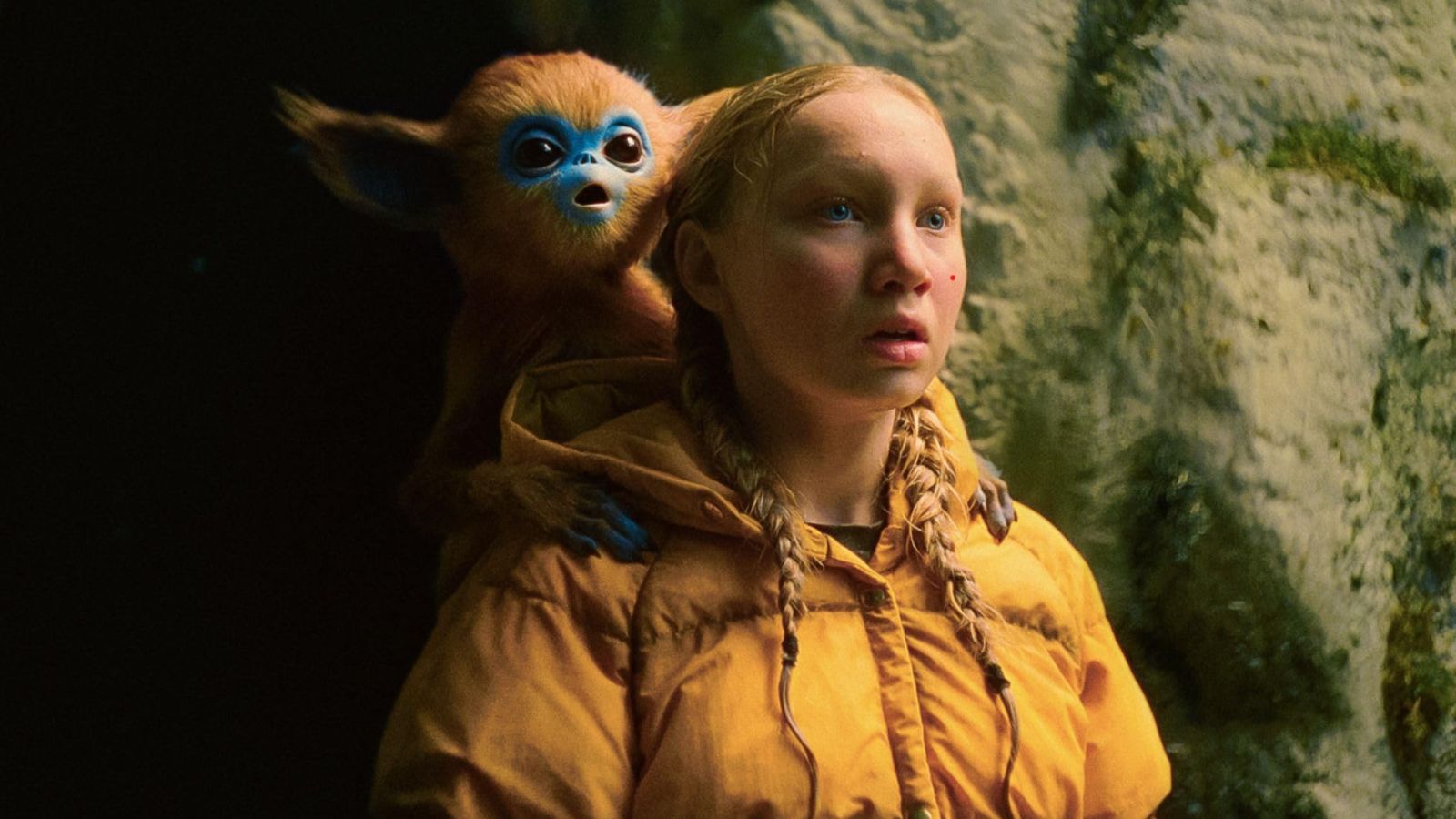
Facebook Live Turmoil: The Company Kills Off Agreements With Publishers
Making a solid stream of income through Facebook Live videos until recently seemed like a viable plan. Back in 2016, one year after Facebook launched their Live service, they paid almost 140 publishers and celebrities to create a steady stream of live content. In return, for instance, Buzzfeed and Tastemade have been making $3.1 million and $1 million dollars, respectively. In order to receive this kind of paycheck, publishers had to upload a minimum agreed number of live videos and minutes. This, for some, meant as many as 3000 minutes per month, as was in the case of Tastemade.
Facebook Decides to Kill Off the Agreement
Ever since 2016, there have been speculations about what the future of the system Facebook had in place with its publishers would be. Everyone who got paid by Facebook to produce live content had to brace themselves and prepare for the glory days to end. Since recently, however, it has become official. Facebook's contracts with many of these publishers are going to end at the end of the year.
As far as our knowledge at Technadu goes, the company has no plan to sign new ones. As one executive at a publisher that has been on Facebook's payroll since 2016 told Digiday, “They don’t want to pay the minimum guaranteed monthly license fee for producing a certain number of minutes. They want everyone to go into the mid-roll program.”
What's Next For Facebook Live?
Before the big decision, Facebook paid publishers as well as live-stream enthusiasts to create two kinds of videos: on-demand videos and live videos. They had to meet a certain minimum number of minutes in order to get paid. However, even individual videos had a minimum length requirement. On-demand videos needed to be 90 seconds long, while live videos needed to be at least 6 minutes long. The reason behind these rules is that Facebook wanted to test its mid-roll advertisement breaks, so these were the minimum requirements to be met.
As Facebook Live has not performed quite as well as expected, the company decided to change their focus altogether. Even Facebook officials said that the most recent deals with publishers were only "bridge solutions" until a monetization system that actually worked was figured out. They added that, unfortunately, this bridge system has not led anywhere. For this reason, they concluded that a better course of action was to focus on the ad breaks instead.
The Reaction of the Publishers
The decision to end the sponsored Facebook Live program is thought to affect some 300 publishers. Most of these deals are set to expire by the end of 2017, but some of them will prolong into 2018. Back in 2016, Facebook's estimated budget for these services was $50 million. This was set aside by the company to pay off around 140 companies and celebrities. These old-guard producers include The NY Times, Tastemade, Buzzfeed, Kevin Hart and others. Naturally, this might come as a big blow for most of them.
For example, The New York Times had established a team of 6 people for this purpose exclusively. They focused solely on creating and publishing new videos. Refinery29, on the other hand, had a team of up to 10 people working on this task at one point. Now, the publishers are looking elsewhere to make profits. As an exec at a top publisher told Digiday, “We’re going to be significantly scaling back the number of native videos we publish to Facebook and look elsewhere. If they came back to us six months from now and offered to pay for another type of program, I’m not sure we’d go back because none of it has worked.”
Final Thoughts
When it comes to the big players on the market, their main focus is on the profit. Therefore, Facebook has been making deliberate changes in order to fully monetize their platform. However, the latest turmoil could change how Facebook Live works. It's isn't unimaginable that we'll soon see some massive changes to this platform.
How do you think this will affect the end users? Will they profit as well or find themselves at a loose end? Tell us your opinions!








